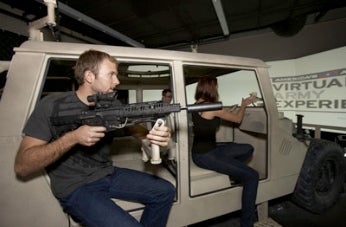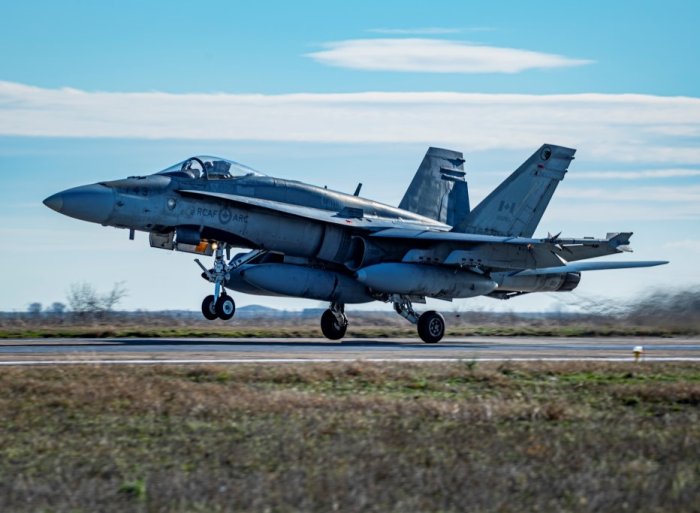- Reaction score
- 8,151
- Points
- 1,160
Apparently calling them 'lessons forgotten' is impolite.Don't worry with the RCN policy of disseminating information, lessons learned and Accident Analysis Reports, those things won't happen again.......oh wait.
The USN recently released a major fires review that is a good read, but quite similar to us in a lot of respects. The big difference is they seem to have more alongside fires from hotwork, where most of ours are in-service related to equipment issues, improper maintenance, or incorrect operation of machinery. The difference is this review isn't a polite suggestion from down the chain, so they'll likely implement a lot of the recommendations.
https://www.secnav.navy.mil/foia/re...or Release Major Fires Review (19 Oct 21).pdf
Anyway, I guess my point is we're already carrying a lot of inherent problems, so further undermining it by ignoring safety and material standards while not meeting our own internal standard for equipment required to go to sea isn't a great idea for routine sailing (ie SOLAS equivalent), let alone deploying ships on operations. All of that contributes directly to survivability/recoverability, which is largely baked into the design and the assumptions behind the full crewing arrangement. Cutting people from the section bases to add extra combat capabilities directly reduces your ability to take a hit and keep going, but if we were at least doing that on purpose it would be okay. Pretending you are tougher then you are gets people in lots of trouble.
If the RCN was going to do reconstitution properly, figuring out how capable they want the deployers to actually be and how many ships we can reasonably support with the people we actually have would be a start, but won't get there while lying to ourselves about how awesome the combat suite is and that our ships just need a bit of dazzle paint.





